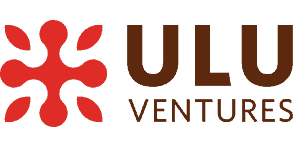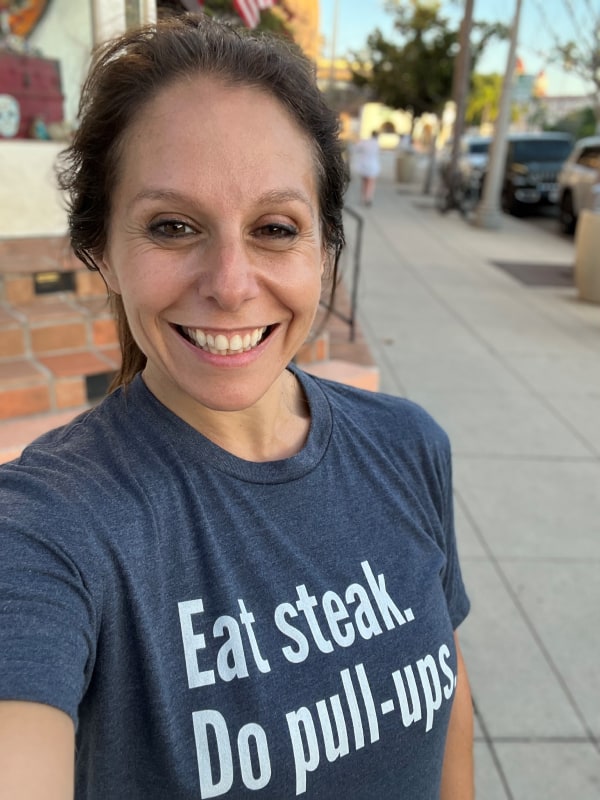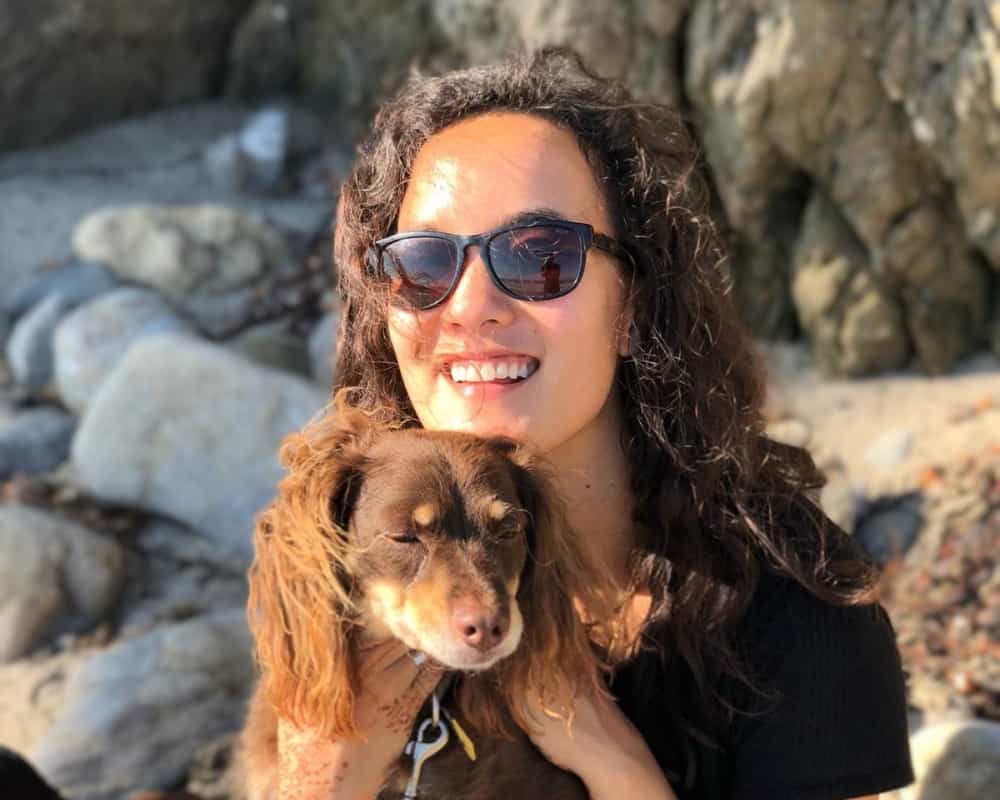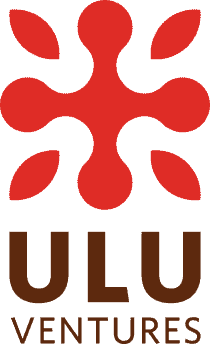Why a hot startup open-sourced their most in-demand technology during COVID19
Octant Bio, an Ulu portfolio company, uses synthetic biology to advance computational drug discovery. They are developing a database of how new drugs act on multiple targets or disease pathways to identify new compounds to fight complex diseases like diabetes, obesity, and cardiovascular diseases. The company just emerged from stealth mode and raised $30M for their Series A.
Recently Ulu Ventures Rusty Dornin and Kevin Hoffberg spoke with Octant co-founders Sri Kosuri and Ramsay Homsany about riding the their fast wave of new computational drug discovery, how “dirty drugs” have become so widespread, and how they’ve open-sourced their platform during the pandemic.
The interview has been edited for clarity and length. You can also read or watch the conversation.
Rusty: At Ulu Ventures we’re excited to see Octant Bio emerge from stealth mode–and congratulations on the $30 million Series A raise! For those of us who are not molecular biologists, could you explain what you mean when you say Octant wants to design better drugs ”that act on multiple targets or disease pathways?”
Sri : The efforts in pharma over the last 30 or 40 years have been about these kinds of drugs that we discovered in the past, that hit a lot of stuff these are “dirty drugs.” We should be a lot more specific about what are drug targets. So that’s led to a series of revolutions in the practice of drug discovery, like target-based drug discovery where people find a particular target or particular protein that they want to go modulate. And you can design more and more specific drugs for them.
There’s been a series of technologies–like structure-based drug design, sometimes artificial intelligence, sometimes antibodies– which are way more specific than these more general natural products or drugs that have been discovered mostly by accident. These have really worked for a certain class and subset of diseases, mostly around cancer and rare diseases, but haven’t really worked for these kinds of big, common disease areas that most people are affected by.
All the neurological diseases, pretty much all the metabolic diseases, a lot of the immune diseases–these kinds of diseases are quite genetically distinct from rare diseases and cancer. You have a very specific mutation or small sets of mutations that really drive a disease into pathology. And so that discovery specificity really helps.
The bet that Octant’s taking is that this target-based approach, which focused on a single protein, might’ve been a little bit misguided in big complex disease areas. And our efforts are really to build the technology stack, both hardware and software, that would allow us to really uncover the complexities of multi-targeted drugs and multifactorial diseases and engineer molecules that can do that rationally.
Rusty: The thing on everyone’s mind of course, is the current pandemic COVID-19. And you’ve responded to the global call for collaboration by open-sourcing part of your platform. Tell us more about that.
Sri: So basically one of the things that we have optimized for the last several years has been a very highly sensitive, but also highly multiplexed and cheap methodology to measure RNA at scales that are very large.We run this internally once a week.
We shut down during the pandemic, when the Bay area was shutting down, and a few of us were talking about the pandemic and how we had thought that testing would scale and that it wasn’t scaling. And I think there was a realization that we could definitely use our technology for measuring the RNA virus, which COVID is: an RNA virus or a SARS. And we could actually use it as an RNA detection platform for that testing.
Our platform ended up being really sensitive and quantitative and cheap and in a way that could scale. The decision we made then was that we were very excited by our drug discovery efforts. We didn’t want to become a testing service. There’s definitely a lot of expertise that goes into the clinical accessioning and there’s a lot of other downstream limitations such as how many swabs can you get? How do you accession samples? That I don’t think we would have been good at answering, given our team and where we were.
So we decided to open-source the technology under the open COVID license for the pandemic to allow others to use it. And that’s been taken up by a lot of people and that’s been really exciting. So we’ve been mostly supporting these other partners that range from nonprofits and universities to companies as well.
Rusty: Ramsey, how did you two meet? Tell us how you came up with the big idea that has become Octant Bio.
Ramsey: Sri and I have known each other a long time through family. Sri had done a bunch of entrepreneurial work earlier in his career and we used to talk about how being in a biotech company was different than being in a software computing tech company.
And then over the last 10 years or so, there has just been a massive revolution in the very core layers of biotechnology. A lot of those revolutions Sri has played a large part in developing. And there’s been this information explosion where in the last five to seven years, we’ve had cost reductions and throughput increases in things like DNA sequencing and DNA synthesis that are really the equivalent of like 30 years of Moore’s law. Can you imagine being a computer scientist in 1985 and someone walks into your office and gives you computers from like 2015? What would you do? And the answer is most people would probably just make a faster Pong or a faster Excel.
We both agreed that something fundamental had changed and people were not taking advantage of it. Our imaginations couldn’t even keep up with how different the world could be in this new sort of technology construct. And so we just started talking about what were the different possible business models, what were the different possible company models? How would you build excellent teams that could really not only use those advances, but also work in a lot of what had been happening in computing to sort of like build the next generation biotechnology company. And the more we talked about that and kicked around ideas the more we sort of got very clear on what we didn’t want to do.
And then one day a bunch of research results came out of Sri’s lab in the areas of what are now Octant. And we just both got extremely excited about them. For a couple of weeks, we talked about how do we incubate this? How do we go find people to build this company? And then one day we just looked at each other like, what are we doing? This is too important to just try to incubate. We should both just stop what we’re doing and go do this ourselves!
Rusty: Why did you want to work with Ulu Ventures to help launch Octant?
Ramsey: I think it’s a combination of a few things. Sri and I thought about who we wanted on our cap table and investing in the company. It was very important that those people had a strong sense of wanting to be associated with and build a founder-driven company and a company that’s going to take risks and really aim for the long term. Having worked with Miriam in the past and also seeing the portfolio she was assembling at Ulu, it was very clear to me that we were very values aligned, and also values aligned about the culture that we wanted to build in the company.
Sri mentioned how important culture is to us. Miriam’s track record in building great cultures and hiring very diverse teams and investing in very diverse founders is admirable. Those are the types of people we want to associate with. I really appreciate the Ulu perspective on being very data driven and being very rational and adhering to the scenario analysis that Ulu does when they work through their companies. I think that was valuable for us because if you go to the incumbents in our industry and talk to them about what we’re doing, there’s probably a lot of eye-rolling and snickering.
It takes a lot to get a company from the sort of disruptive early stage that we came from and actually have it make a difference. And a lot of that is faith and a lot of it is hard work, but a lot of it is scenario planning and game theory. And I think Ulu is really strong in that area. And so having their help on that front was big as well.
Rusty: What are your big dreams for Octant Bio?
Sri: It’s that we can have important effects in patients’ lives for big complex disease areas. I think a lot of us go into science to have an effect in the world. And part of that is to discover new things, but I think a big part of it is really to build better and more rational approaches to interact with biology and in particular human biology. I’d like for Octant to make a dent, especially in the world of complex diseases. I feel like we aren’t investing enough our efforts there even though the technological change has just been really profound. I do think that there are really exciting new approaches to go and explore, and we should be doing that and people should be making those bets.
I want Octant to have a great culture and to be the place that I would love to work at for the rest of my life. I think tech has done this really well with its companies, I don’t think biotech has really done that as well. I mean, it’s not to say there’s not great cultures out there, but it’s definitely the case that a lot of big biotechs get their start by non founders and that’s okay. It’s a different model, but I do think that the cultures are almost necessarily a little different.
Kevin: The comment that you made about Moore’s law in 20 seconds, what’s your insight about that mismatch between the power that shows up in terms of asking questions and seeking answers, and then the lag between that power and people wanting to jump on that curve. Maybe you could expand on that.
Sri: In terms of Moore’s law, I do think there’s been a series of technologies that have changed and the people that are the best practitioners in the world at those technologies have really all been trained in the last 10 years. But I think there’s this kind of disconnect between how fast biology and the technologies underlying them are moving versus our ability to treat disease. There’s a lot of talk out there about how there’s diminishing returns on pharmaceutical investment and the actual drugs aren’t that much better one generation to the other. I think it goes along with two things. One is there has been amazing progress. If you look at the data coming from rare diseases and cancer, where you can just have no treatment to complete cures and using things like gene therapy or immune engineering there has been a lot of progress and there’s a lot of excitement in those areas. I think the second part of that is the area that Octant’s going after –complex diseases, these big disease areas–has been very different.
The hope was that we’d find a bunch of great targets after the completion of the human genome project. And that it would be less difficult than the challenge we’re facing, which is biology is incredibly complex. The most interesting phenotypes, things like intelligence and obesity and emotion and these kinds of things that make us really special, in biology we’re still grasping at straws. We’re still at a very early stage. I think that is the disconnect, the changes that we are making really fast progress in some areas, but in other progress areas, we’re just opening up even more complexity. We think we have an approach that at least will give us a lot more rationality, but I think there’s going to be a lot that’s going to have to happen in the next 50 years for us to make headway in those areas.
Ramsey: The other thing I’d say that’s a huge consequence of that growth curve, is it fundamentally changes how you design a company and how you run a company. For example, sometimes people look at us and say, “you open sourced out? Why did you do that? Isn’t that valuable? Shouldn’t you put patents all over it and keep it away from other people?” And the answer is no, actually in this new world, where the technology is moving faster and producing more data than anyone can keep up with, one of the lessons we’re learning from tech here is you want to share that stuff and you want to build community around it, and then you’ll still reap the gains. You’ll still have really great people who are native in those technologies and can sort of take that to the next level as well.
And so it also changes the face of experimentation, right? We now live in an age where single people in our company can run tens to hundreds of thousands of experiments simultaneously in hours. What does that mean for what it means to be a scientist and how you sort of “decision tree” your way through which experiments you run? How much time do you spend on them?
One of the things that’s been very important about building this company is really trying to recruit and train people who feel natively comfortable in that kind of a massively parallel environment. It’s not quite the same thing as computing because there is a sort of moving atoms around part to this, that people in computing don’t have to deal with. But there are a lot of parallels in terms of just thinking and adapting different talent models for how we build teams; how those teams move very quickly; how they de-risk; the things that we’re working on; how we pursue business models in a time when the things we’re working on today might be obsolete four years from now because technology is moving that fast.
And that’s actually one of the things that Sri and I get really, really excited about: how do we build excellence into an organization that’s going to actually try to ride this insanely fast wave?
You can also listen or watch the Ulu Ventures interview with Octant Bio Co-founders Sri Kosuri and Ramsay Homsany.
Listen to the interview
Watch the interview




